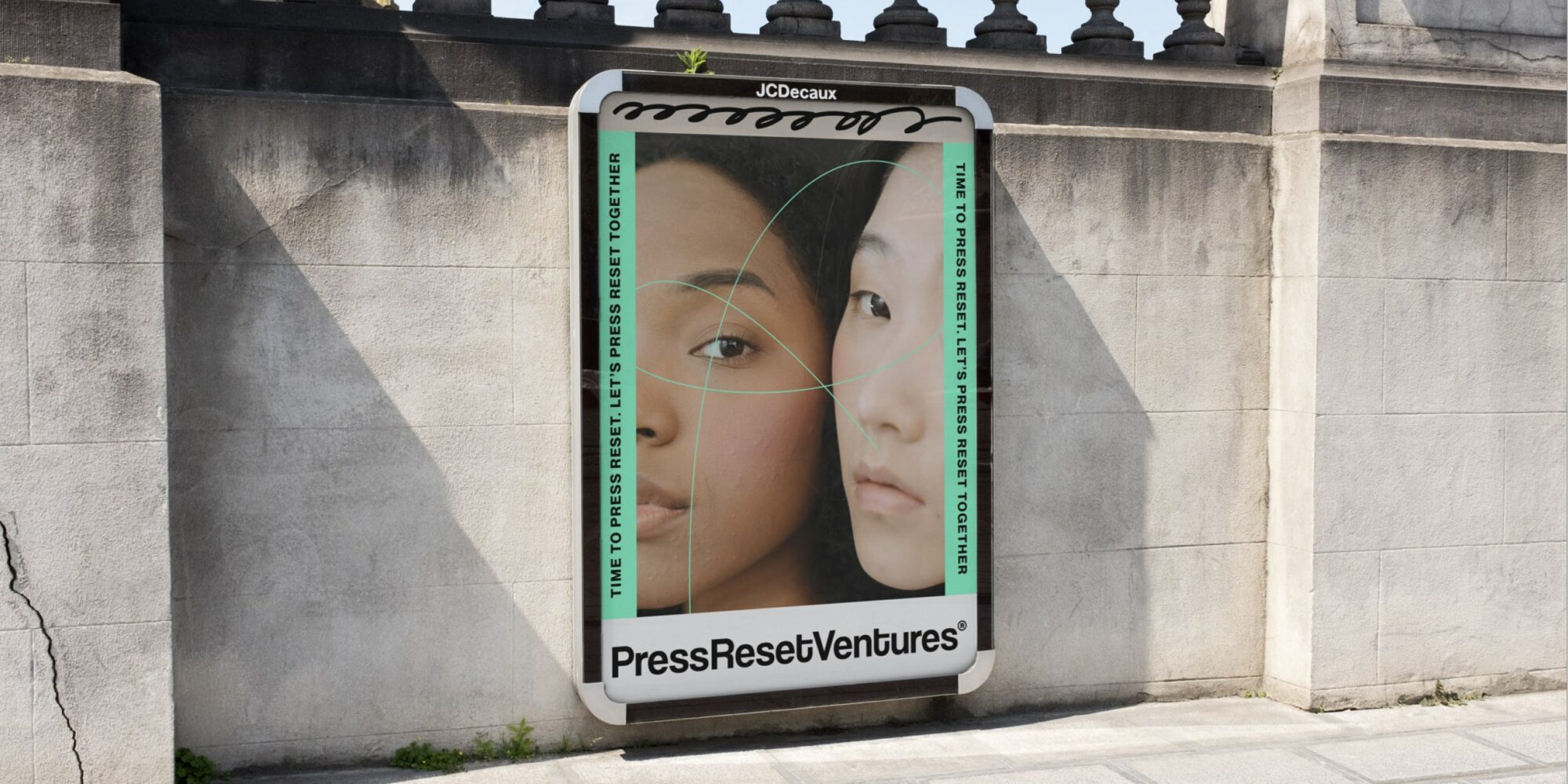
KraveBeauty Founder Liah Yoo’s New Venture Fund Wants To Change Beauty Investing For The Better
KraveBeauty founder Liah Yoo has launched the fund Press Reset Ventures with $1 million and a mission that’s much broader than achieving a good return on beauty investments.
Yoo believes the traditional venture capital model is antithetical to creating sustainable beauty brands in both the business and eco-conscious senses, and has set up her fund to demonstrate an alternative approach can be effective. The fund expects to write checks of $30,000 to $300,000 to sustainable and inclusive beauty brands, and supply chain solutions, material suppliers and technologies designed to reduce the environmental impact of the beauty industry. On its website, Press Reset Ventures discloses its first investment is in Experiment, a brand specializing in reusable sheet masks.
Yoo is injecting profits from KraveBeauty, which she started in 2017, into the fund and intends to enlarge its size as the direct-to-consumer skincare brand’s proceeds permit. “We want to come in to make investments in the space and have long-term portfolio companies, so we don’t add another layer of pressure of needing to grow quickly to entrepreneurs,” she says. “For us, this is not going to be our bread and butter, so we are OK with having a very long-term hold period if that allows us to protect the vision of founders.”
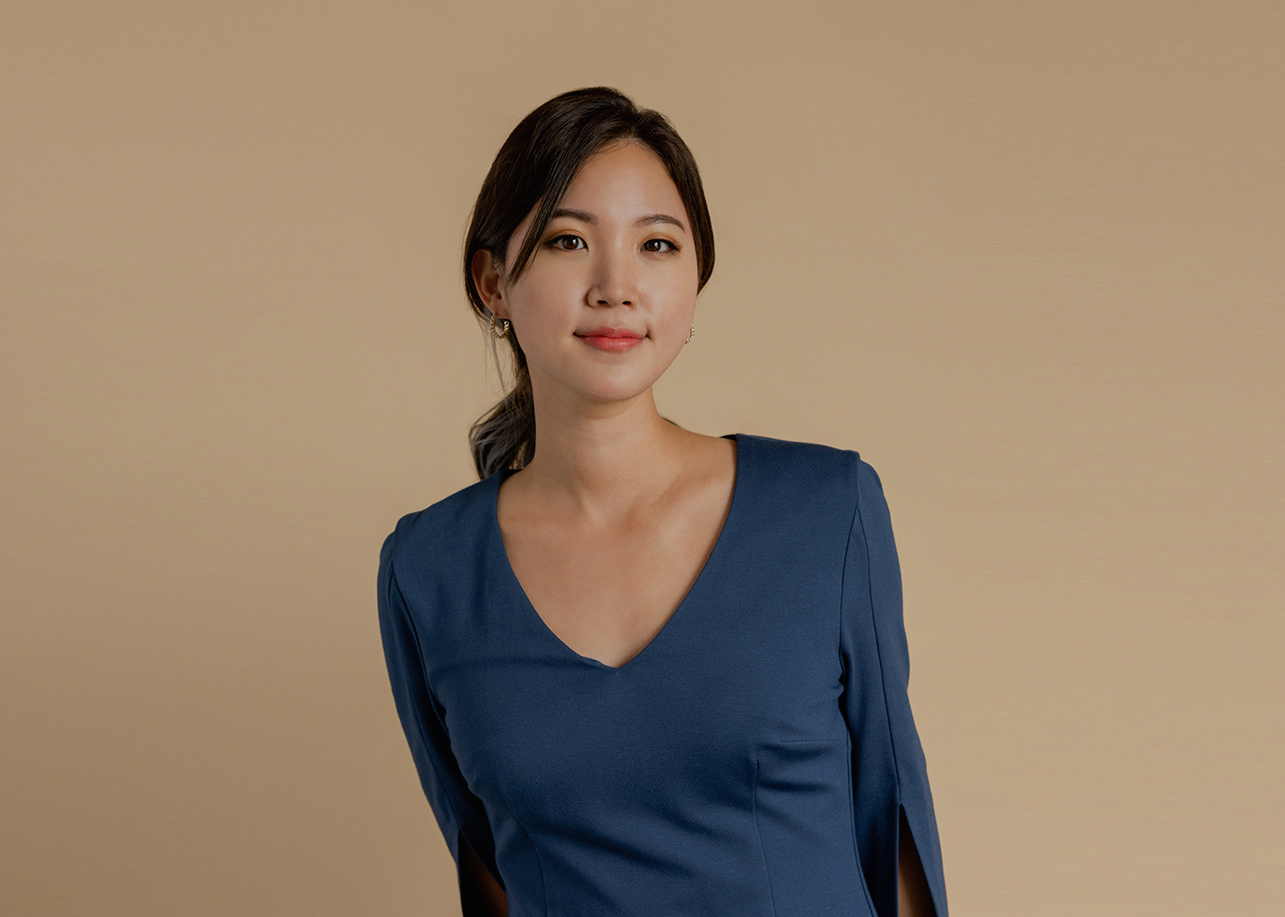
Yoo gathered Pitchbook data revealing VC firms typically retain beauty and personal care companies in their portfolios for 3.7 years, much less time than she thinks they should. She anticipates Press Reset Ventures could hold onto its portfolio companies for a decade or even more. “A lot of the VC companies view the beauty and personal care category as something that makes quick money, and they are not in it for the long term,” says Yoo. “That’s why we are seeing a lot of these fast beauty companies churning out beauty products.”
Yoo points out Press Reset Ventures’ longer investment horizon will be particularly advantageous for behind-the-scenes suppliers and technology platforms that can take a while to commercialize their products. She learned a lesson in how protracted the path to commercialization can be when working on a food-grade silicone insert for KraveBeauty’s serum Great Barrier Relief that wasn’t ready for scalable, error-free production for two years.
“We are OK with having a very long-term hold period if that allows us to protect the vision of founders.”
A beauty influencer sought after for her skincare expertise, Yoo, who has 1.22 million YouTube subscribers, has been putting her approach to sustainable beauty into action at KraveBeauty. The brand began with $50,000 from her savings and remains self-funded. It’s increased sales 250% year-over-year, a figure Yoo isn’t aiming to replicate regularly. KraveBeauty has four items priced from $16 to $28—in addition to Great Barrier Relief, there’s Matcha Hemp Hydrating Cleanser, Oat So Simple Water Cream and Kale-Lalu-yAHA—and no plans to balloon its range.
Without relying heavily on paid media for customer acquisition and whipping out new releases, Yoo says, “If you are growing at 10% every year and your advertising budget hasn’t changed, I think that’s a healthy rate. Every company has a different exit strategy. For us, our timeline is definitely a few decades. So, if we grow organically 10% for the next 20 years, I think that’s pretty revolutionary growth within the space.”
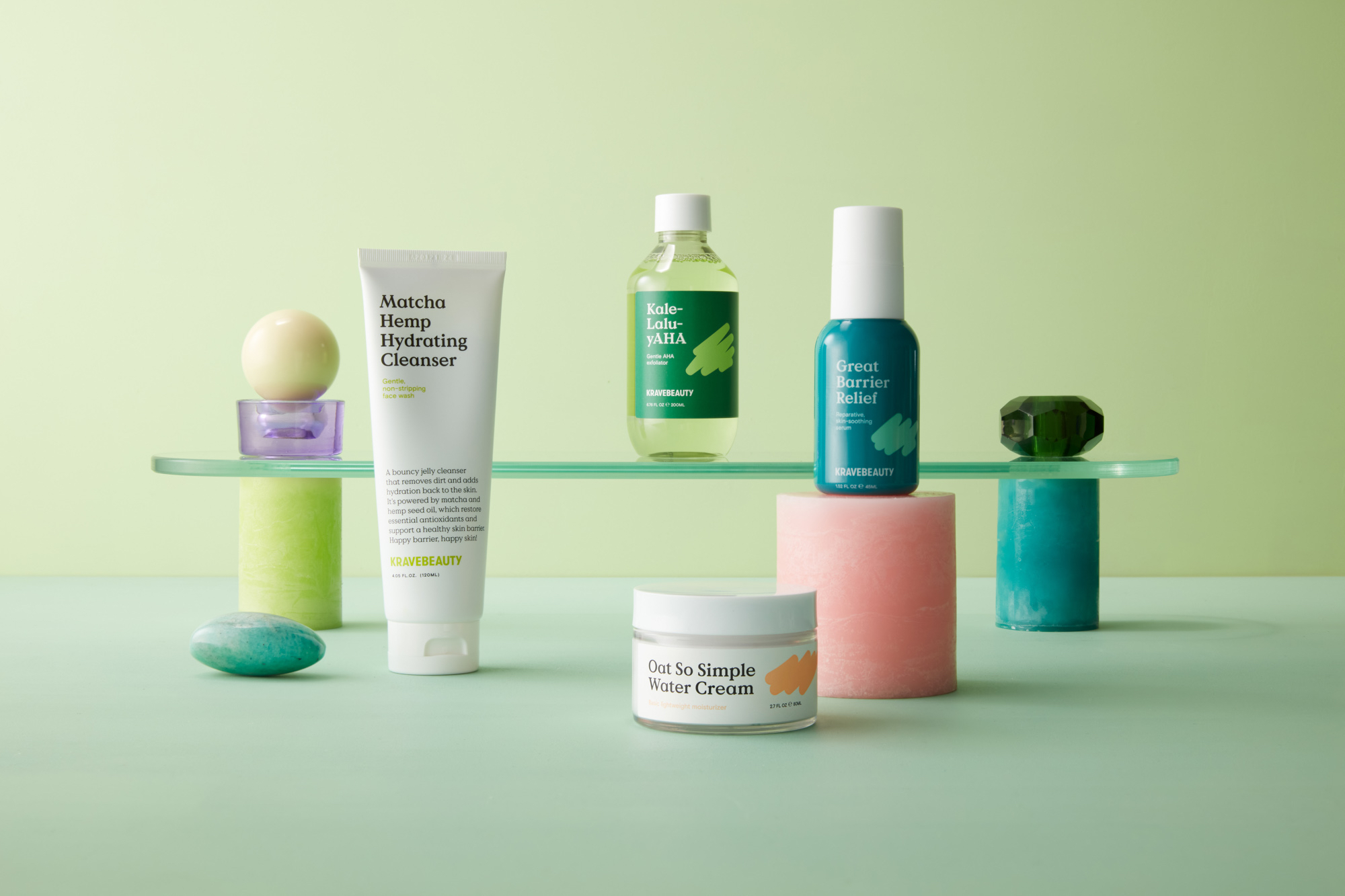
At Press Reset Ventures and KraveBeauty, she’s interested in showing that standard exit strategies (i.e., selling to private equity firms or strategic buyers) aren’t the only avenues for beauty companies. She’s attracted to the possibility of initial public offerings for them. Yoo says her objective for KraveBeauty is “to be able to remain a single shareholder just like Patagonia, riding the ride for the next 50 years without having to grow and sell the business in a time period that suits shareholders. It’s definitely a lucky situation I’m in compared to other early-stage startups because I have the option that a lot of early-stage startups don’t have of not raising.”
By a simple measure, Yoo spells out success for Press Reset Ventures will be a return on its investments greater than the return she could get from keeping the money dedicated to it in the bank. But that measure alone won’t signify that the fund has realized its bigger mission—and Yoo suggests she might have to team up with entrepreneurs, executives and investors aligned with it to help realize that mission.
“We can co-invest and push the innovation within this industry and move the needle for the circular economy,” she says. “I really don’t want this to be just a trend or something that remains a buzzword in terms of sustainability, but really put money where our mouth is and do that with other investors to move the needle.”

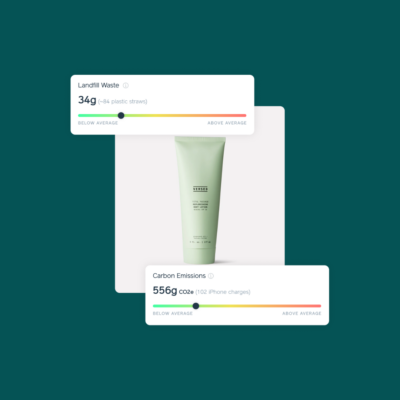
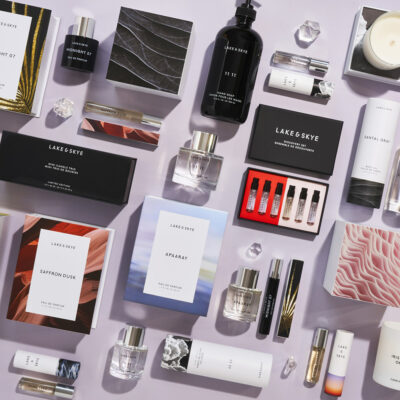
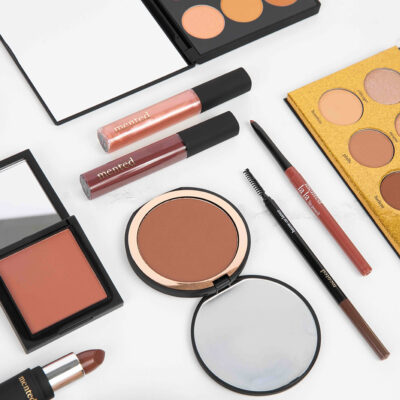
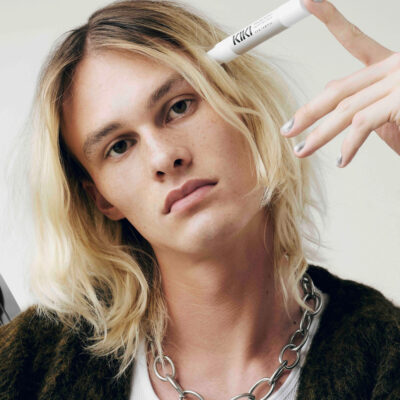
Leave a Reply
You must be logged in to post a comment.